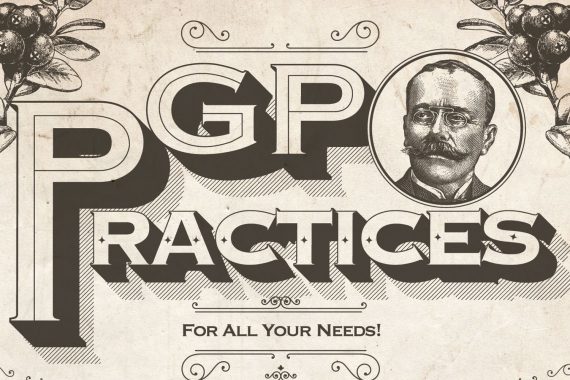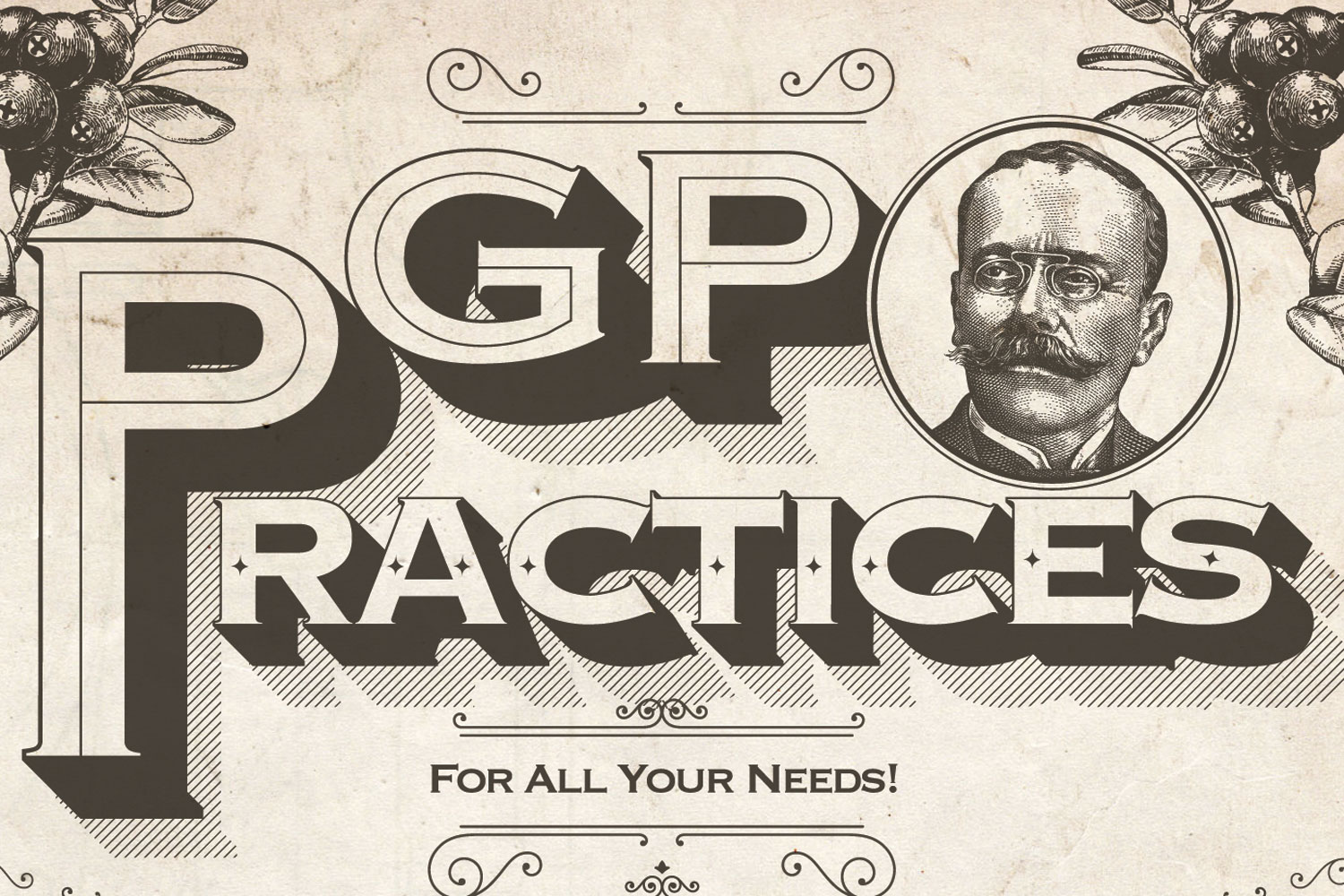
gp practice illustration heading 3×2
The social care budget has been decimated. Even the CQC is now saying social services are at a ‘tipping point’. And, of course, the most vulnerable are bearing the brunt of the shortfall.
But some practices have taken matters into their own hands. Four GP practices in Warrington, Birmingham and Liverpool are holding monthly tea parties for their lonely and isolated patients.
Dr Murugesh Velayudham, a partner at the Storrsdale Medical Centre in Liverpool, says: ‘For some of my patients this the only event on their calendar other than their hospital appointments.’
And this is part of a wider trend. Increasingly, GPs are being expected to support the social care of their vulnerable patients – from spotting signs of loneliness to helping them fix their boilers.
Much of this is done under the banner of ‘social prescribing’, an initiative lauded by the UK and Scottish Governments.
And Pulse has learned that this trend could soon be backed by hard cash, with CCGs potentially receiving £1 per patient to implement social prescribing schemes and the Scottish Government offering practices support to the value of £35,000 to host link workers.
Those involved in running existing schemes have extolled their virtues, saying they help GPs tackle the root causes of patients’ problems and reduce appointments.
But critics point out that this is another example of mission creep in general practice, with GPs being handed responsibility for social problems over which they have no control.
Kick start
The concept of social prescribing involves getting GPs to refer patients to help and advice on employment, housing and debt. Many existing schemes involve practices hosting ‘link workers’, who signpost patients to social organisations that can help them with problems that may be affecting their health.
Scotland is ahead of the game. The Government is committed to placing 250 link workers in practices and to funding a National Links Worker Programme, based on research by the Deep End project, which found a large proportion of GP consultations were ‘driven primarily, or largely, by the experience of social adversity’.
So far, seven practices have been given grants of up to £15,000 and other support worth up to £20,000 to host these workers at their surgeries and send patients to them.
The concept has also been gaining traction with politicians and NHS bosses south of the border, as part of their drive to integrate health and social care.
NHS England emphasised the role of social prescribing in the GP Forward View, saying: ‘Social prescribing can enable GPs to access practical, community-based support for their patients, including access to advice on employment, housing and debt.’
NHS England has appointed a new National Champion for Social Prescribing, retired GP and former NHS Alliance chair Dr Michael Dixon. And he is not wasting any time.
Dr Dixon, whose Devon practice has been employing link workers for several years, is in discussions with the health secretary and NHS England over plans to pay CCGs £1 per patient to offer social prescribing through GP practices from next year – roughly what it cost his practice to employ a link worker.
Dr Dixon says: ‘Where it’s well run it’s reducing GP workload and pressure.’
He adds: ‘If we really want to kick start this and get this going, I think a pound per patient would do it.
‘For the sake of general practice and the extremely heavy workloads, we now have to look at universalising it.’
This is still just a proposal – NHS England tells Pulse it is ‘not aware of any current work to progress funding allocation for social prescribing’ – but it indicates a direction of travel.
How social care funding has fallen
Spend on adult social care
- 2010/11 £14.8bn
- 2015/16 £10.2bn
- 2016/17 £8.9bn (projected)
Source: Association of Directors of Adult Social Services
Tea and empathy
Some areas have already pressed ahead with schemes and are reporting successes.
NHS Newcastle Gateshead CCG is running a seven-year evaluation of a ‘Ways to Wellness’ programme for people with long-term conditions, involving link workers based in 16 practices and covering 11,000 eligible patients. GPs refer patients to the workers, who help with finances, employment and access to community social groups.
CCG chair Dr Guy Pilkington says: ‘I believe we may be seeing the beginnings of an impact on use of hospital services and a reduction in overall costs, for the first quarter of this year. If replicated over the rest of the year, it would equate to a saving of around £50 per head in that 11,000 cohort.’
In South Warwickshire, a GP consultancy firm employs dedicated practice-based co-ordinators – funded by the CCG – who proactively contact lonely and frail elderly patients for a ‘holistic’ check-up to ask about issues such as housing, mobility or isolation. A similar scheme is running in Eastbourne.
South Warwickshire has reported reductions of up to a third in GP appointments as well as a 30% reduction in A&E attendances among its cohort of elderly people.
There is also a range of schemes to get GPs to offer help with heating and insulation to people whose health is at risk from cold homes – an approach backed by NICE and the RCGP.
Last year, the Coalition Government put up £3m for a ‘boilers on prescription’ programme as part of its fuel poverty strategy, designed to expand the work of 73 pilots that had been running across the country.
One trial of the scheme in Sunderland provided up to £5,000 grants for energy efficiency improvements, such as double glazing, boilers and insulation for people with respiratory conditions. It reported a 60% reduction in GP appointments among participants, as well as falls of 30% in A&E appointments and 25% in emergency admissions.
Dr Velayudham – whose practice holds tea parties for isolated patients – says: ‘The growing problem of social isolation means elderly people get depressed and feel very lonely. This group has brought a lot of change in their personal health, it keeps them more motivated as they look forward to the monthly tea party and the company. This definitely has a great impact on their health and wellbeing.’
But sceptics point out that NHS cash is being spent on social schemes despite limited evidence supporting their effectiveness.
A review by York University health economists, published last year, looked at the effectiveness of social prescribing schemes, but found few studies, all of which were of ‘poor quality’. The researchers said: ‘There is little in the way of supporting evidence of effect to inform the commissioning of a social prescribing programme.’1
They added: ‘What evidence there is tends to briefly describe the evaluation of small-scale pilot projects but fails to provide sufficient detail to judge either success or value for money. Evidence on the cost effectiveness of social prescribing schemes is lacking.’
The authors have just submitted an updated review for publication, which Pulse understands has drawn similar conclusions.
GP view ‘It has given everyone a real boost in morale’
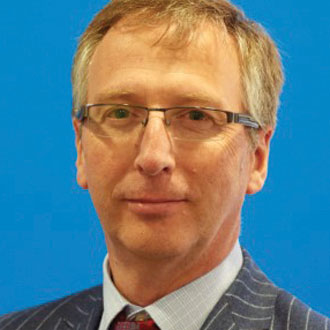
dr tim cook 330x330px
We use funding from NHS South Warwickshire CCG to employ a co-ordinator in each GP practice, who proactively invites elderly patients who may be suffering from loneliness or isolation in for a holistic check-up.
We identify the patients using local knowledge and computer coding. Of 250 over-75s, half were thought to be lonely or isolated or frail, and were offered a check-up. About 60 accepted.
The co-ordinator assesses, for example, whether the patient is unable easily to walk round their home, has any financial worries, or only sees their children every few months.
If it’s loneliness, the co-ordinator can offer Silverline – the 24-hour telephone befriending service – or visits to art, gardening or snooker clubs, for example. For emotional, financial or social help, relevant associations can be contacted.
We have also set up a monthly lunch club called ‘Nosh and Natter’ at our practice, while another practice has set up a dance club. We charge patients to cover the cost of the hire of the venue and a meal. Our receptionist acts as the ticket agent and the work takes no more than an hour a month.
In the first six months we noticed a drop of around 20% in use of GP appointments among participants. The programme has also had a positive impact in the practice, which we hadn’t anticipated. Because we saw huge benefits to the patients, it gave us a real boost in morale and made us feel what we were doing was worthwhile.
Dr Tim Coker is a GP in Southam, Warwickshire and founder of the Prime GP consultancy, which developed the social prescribing scheme Prime 75
Little impact
Another recent study from NHS City and Hackney CCG, in east London, analysed data on healthcare use, GP attendance and prescriptions for 381 patients referred to its social prescribing pilot.2
It found referred patients had much higher consultation rates and used more prescription medications before referral than controls and this remained the case eight months after referral to the scheme.
Lead author Dr Sally Hull, a GP and reader in primary care development at Queen Mary University London, told Pulse ‘there was no demonstrable impact on GP consultation rates’ and ‘we were not able to show a change in outcomes such as levels of depression, anxiety or confidence in self-management’.
But the researchers have stressed in a letter to Pulse that qualitative evidence was positive, and they have done a further evaluation with longer follow-up that suggests GP consultation rates have been reduced, although they caution that it is still too soon to draw concrete conclusions (see Feedback, page 40).
And others point out these schemes are merely ‘papering over the cracks’ of a disintegrating social care system.
According to the Association of Directors of Social Services, adult social care spending has been slashed by a third – around £5bn – over the past five years.
The GMC’s recent State of medical education and practice report3 concluded the medical profession was showing clear signs of distress, pinpointing the collapse in social care as a major contributor, while the latest annual CQC report on the state of health and social care warned the adult social care system was reaching a ‘tipping point’.4
The King’s Fund reported that six years of consecutive cuts to social care services ‘have seen fewer people get help’.5 The population is ageing and cuts to the benefits bill are hitting some communities hard.
There are question marks over why health bodies are having to use funds to plug the holes in social care, while they struggle to fund NHS services appropriately.
RCGP council member and Glasgow GP Dr Margaret McCartney says: ‘The real problem is savage cuts to social care, which effectively did health and social care integration before it was a buzzword. The NHS and GPs can’t be made responsible for fixing austerity cuts elsewhere, using medical resources to attempt to paper over the cracks.’
Even CCG enthusiasts admit GP workload is an obstacle. Dr Pilkington says: ‘Some of the practices haven’t bought into this at all, and said “hang on, surely this isn’t NHS work”. We can’t justify spending commissioner budget on this just yet, but we set this up to prove whether all CCGs should be doing this.’
But Warwickshire GP Dr Tim Coker, co-founder of the Prime GP consultancy, which works with CCGs to implement innovations, is more pragmatic: ‘Funding is being cut from social services but that doesn’t change the fact that if you do this work and support these patients you cut GP workload. Nobody is losing here.’
A social experiment
Boilers on prescription

plumber servicing boiler SUO 3×2
Last year the Coalition Government launched a £3m ‘boilers on prescription’ scheme so GPs could help patients upgrade boilers and insulation. This built on 73 national pilots. A trial at NHS Sunderland CCG, which reported a 60% drop in GP appointments among participants, as well as falls in A&E attendance and emergency admissions, has ended as no further funding has been made available by the current Government.
Gardening and cooking
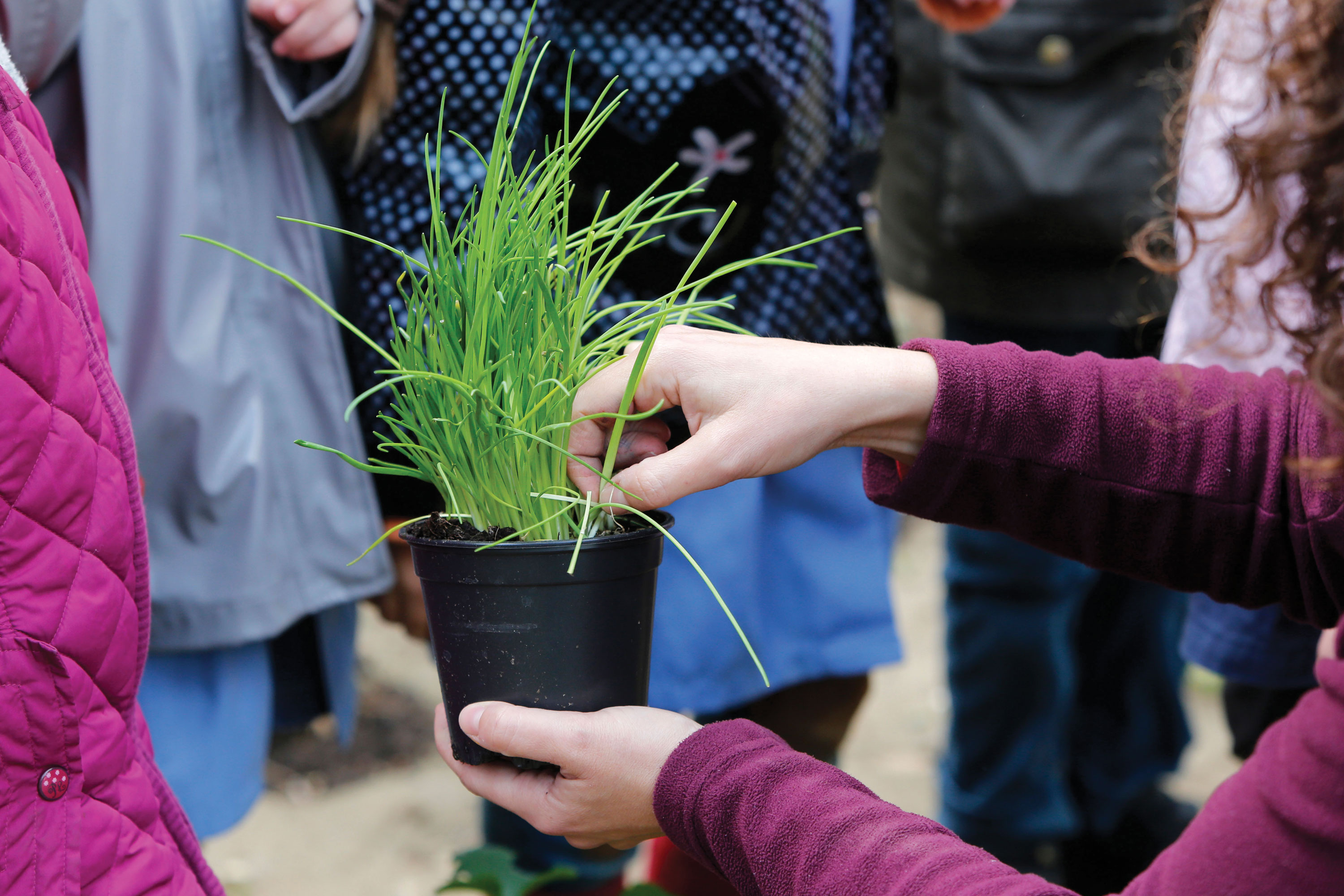
gardening lesson SUO 3×2
GPs and staff at practices in east London direct patients to a ‘link worker’ based in the practice, who draws up a care plan and refers them to local services that offer activities such as gardening, art and mother and toddler groups. But a study of 381 such patients at Queen Mary University London found ‘no demonstrable impact on GP consultation rates’ or change in outcomes such as depression or self-management.
Identifying patients at risk of social isolation
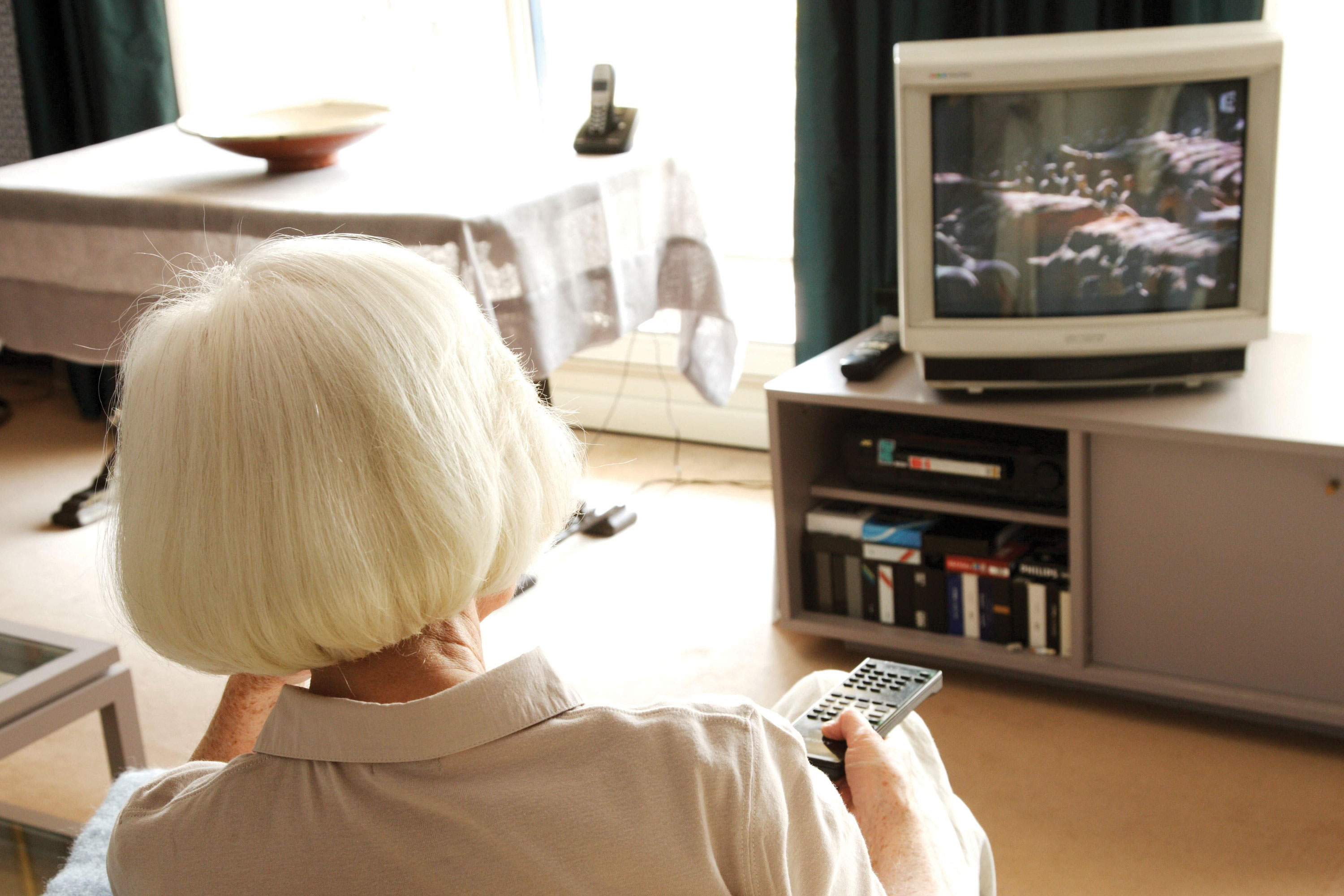
elderly lady watching tv SUO3x2
Public Health England is running a pilot in Manchester, where GP practices are being asked to identify which older patients may be at risk from social isolation and loneliness and ‘help them through provision of services’. It wants to roll out the service nationwide.
Link workers
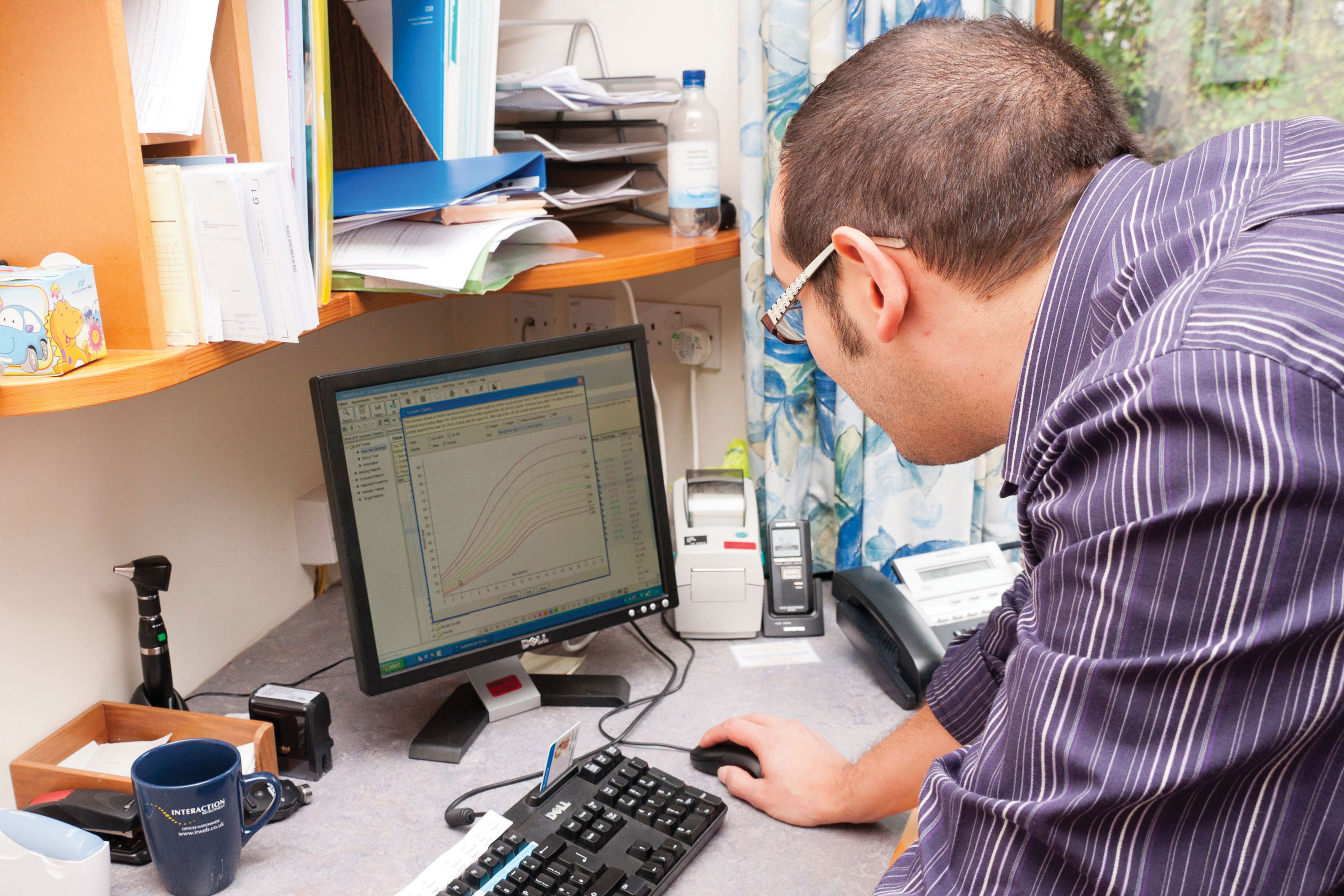
gp at desk working on computer SUO 3×2
NHS Newcastle and Gateshead CCG is running a social prescribing project called ‘Ways to Wellness’ for people with long-term conditions, funded by money from social investors, who share some of the rights. GPs have a register of vulnerable patients, which alerts them with a pop-up message so they can discuss the options when the patients consult. GPs can then refer to practice-based link workers.
Social prescribing hubs
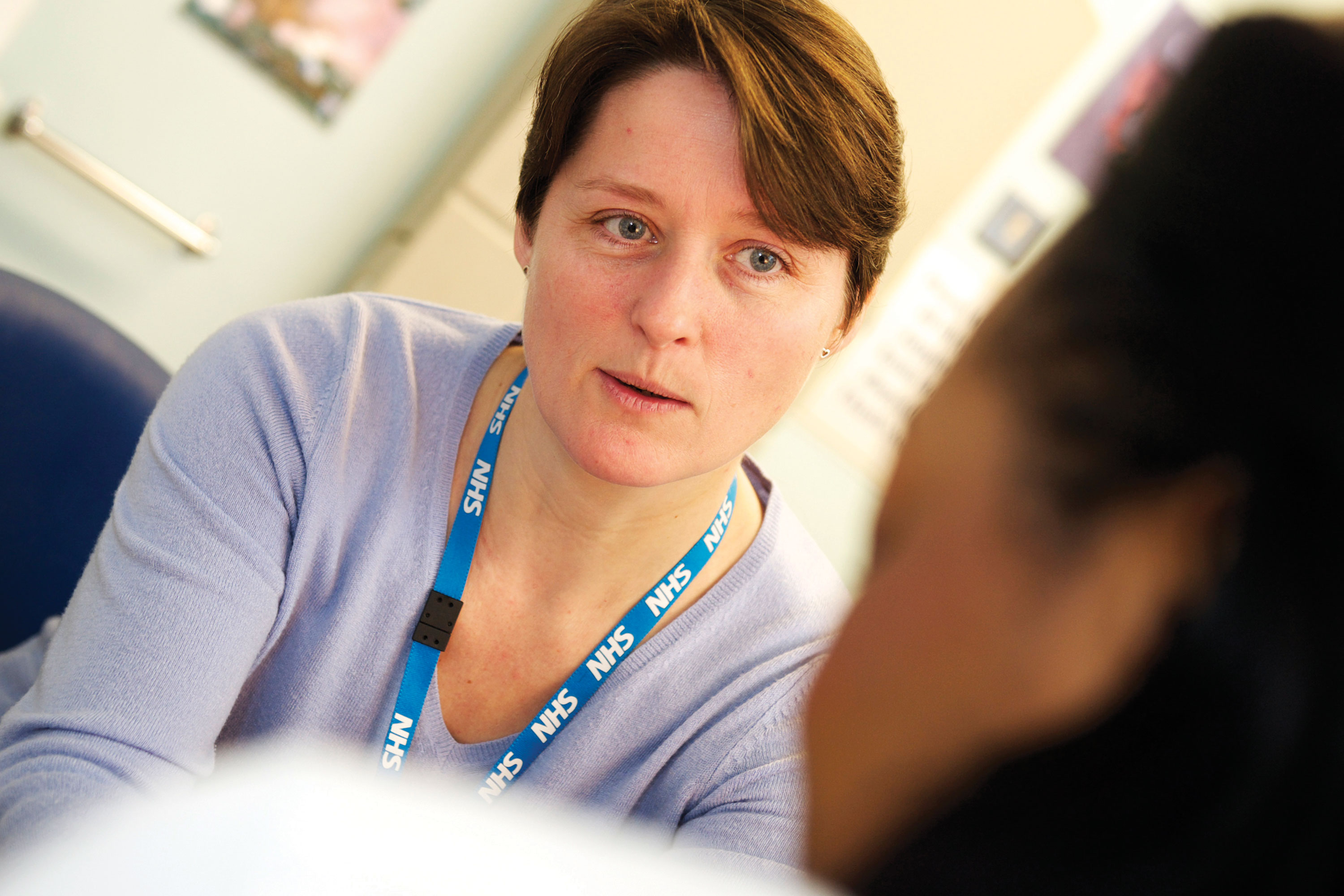
female gp with patient 3×2
NHS Gloucestershire CCG is running social prescribing pilots at GP practices in six out of seven localities funded by the Prime Minister’s Challenge Fund. It supports people with ‘issues such as loneliness, low- level mental health, healthy living and coping with caring responsibilities’. Some areas have ‘social prescribing hubs’ to which GPs can refer, while others employ local co-ordinators.
Tea parties
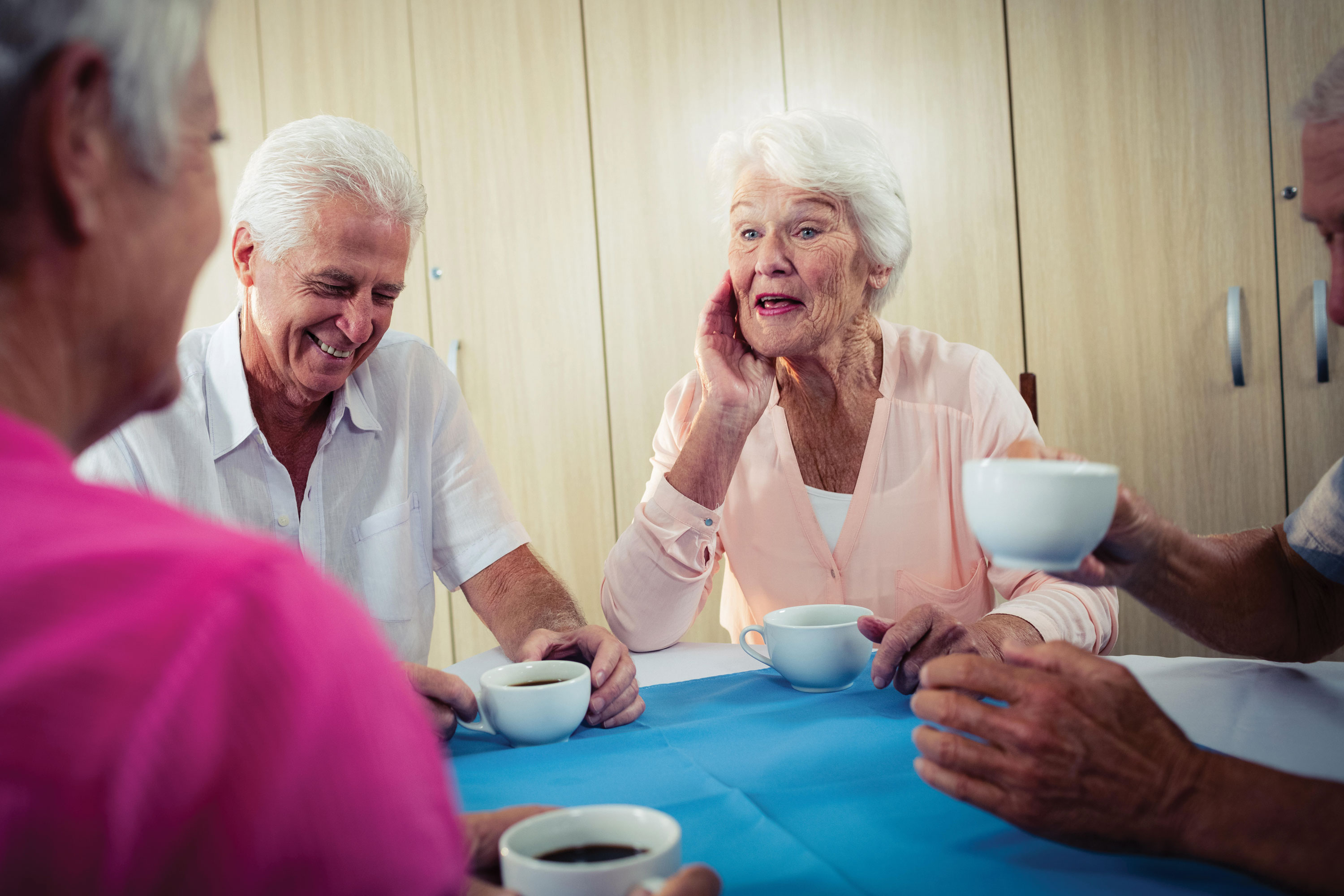
afternoon tea SUO 3×2
National charity Contact the Elderly is calling for GP practices to refer patients facing loneliness and isolation to its monthly tea parties, after a quarter of patients said they visited their GP less often having attended the get-togethers. The charity is also working directly with four GP practices who host the tea parties one Sunday a month, and is keen to get more practices involved.
References
Pulse October survey
Take our July 2025 survey to potentially win £1.000 worth of tokens



